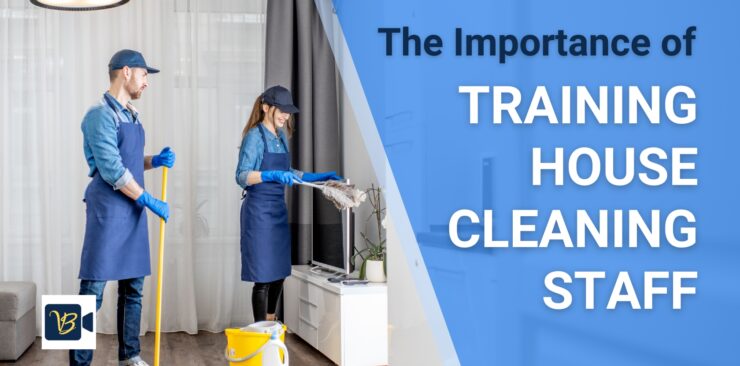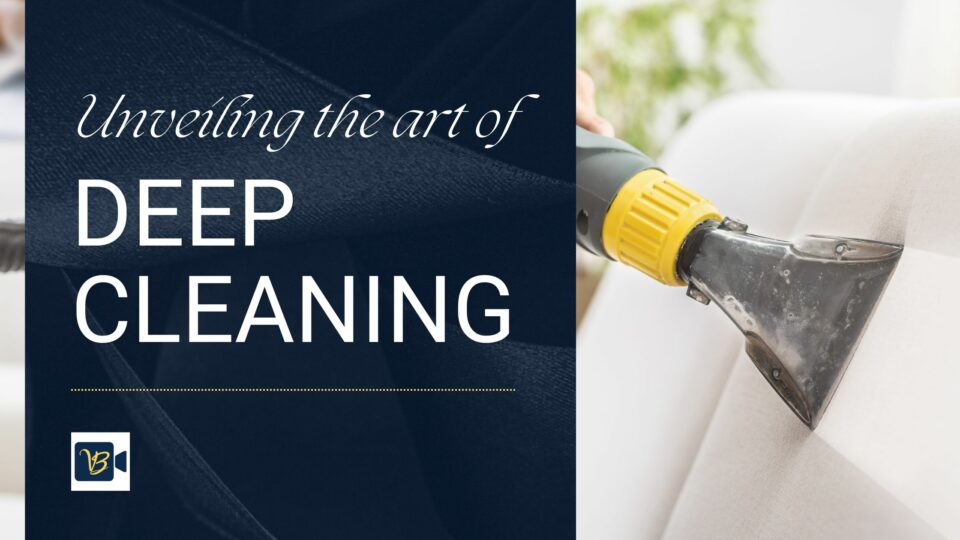
Keeping a clean and tidy home is essential for comfort, health, and overall well-being. For many households, hiring professional cleaning staff is the most efficient way to maintain cleanliness. However, ensuring that your cleaning staff is properly trained is crucial for delivering consistent and satisfactory results. In this blog post, we’ll explore the essential steps to effectively train house cleaning staff.
1. Understanding Expectations:
Before diving into the training process, it’s vital to establish clear expectations. Outline the scope of work, specific tasks, and standards of cleanliness expected from your cleaning staff. Providing written guidelines or a checklist can help in setting clear expectations.
2. Safety Training:
Safety should always come first in any job, especially when it involves working in someone else’s home. Train your staff on proper handling of cleaning chemicals, equipment usage, and precautions to prevent accidents or injuries. Emphasize the importance of using personal protective equipment (PPE) such as gloves and masks when necessary.
3. Cleaning Techniques:
Introduce your staff to effective cleaning techniques tailored to different surfaces and areas of the house. This includes dusting, vacuuming, mopping, and disinfecting. Train using the best techniques that help to avoid the breaking or damaging of the client’s property. Demonstrate proper techniques and provide hands-on training to ensure comprehension and proficiency.
4. Product Knowledge:
Familiarize your cleaning staff with the various cleaning products they’ll be using, including their purposes, correct dilution ratios, and safety precautions. Make sure they understand which products are suitable for different surfaces and materials to avoid damage.
5. Attention to Detail:
Train your staff to pay attention to detail and perform thorough cleaning in every room. Encourage them to be diligent in areas that are commonly overlooked, such as baseboards, corners, and behind furniture. Emphasize the importance of consistency and thoroughness in their work.
6. Time Management:
Efficient time management is key to maximizing productivity without compromising quality. Teach your staff how to prioritize tasks, organize their workflow, and work systematically through each room. Set realistic expectations for the time required to complete different cleaning assignments.
7. Communication Skills:
Effective communication is essential for addressing client preferences, feedback, and any issues that may arise during cleaning. Train your staff to listen actively, ask clarifying questions, and communicate professionally with clients. Encourage them to be responsive and adaptable to client requests.
8. Problem Solving:
Equip your cleaning staff with problem-solving skills to handle unexpected challenges or situations they may encounter on the job. Teach them to think critically, adapt to changing circumstances, and find solutions independently when needed.
9. Client Interaction:
Emphasize the importance of positive client interaction and professionalism. Train your staff to greet clients courteously, respect their privacy and property, and address any concerns or special requests with empathy and efficiency.
10. Ongoing Training and Feedback:
Training shouldn’t end after the initial onboarding process. Encourage continuous learning and improvement through regular training sessions, refresher courses, and constructive feedback. Solicit input from both staff and clients to identify areas for improvement and address any issues promptly.
I have found investing time and resources in training my cleaning staff effectively has ensured consistent quality service, client satisfaction, and a positive reputation for my cleaning business. Remember that well-trained staff not only contribute to a clean and healthy environment but also enhance the overall customer experience.
🌟 Go Take a Bite Out of Grime🧹🪣
Sincerely,
Robin Crockett
Founder & CEO, Heaven Scent Home Cleaning & Virtual Bid App



